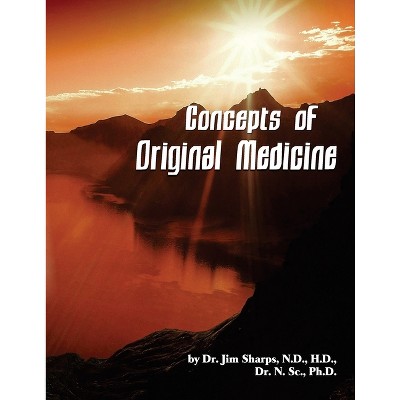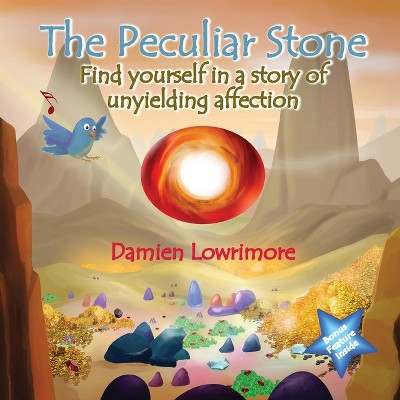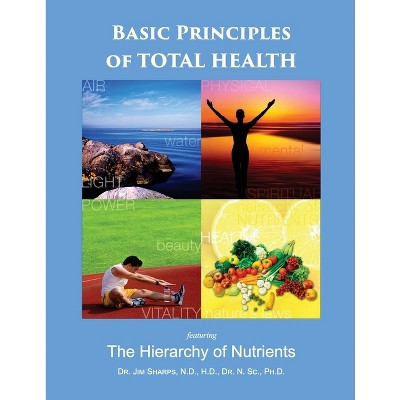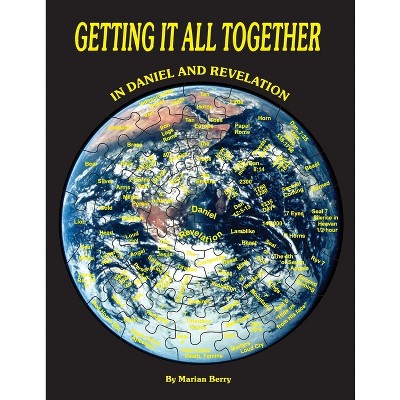About this item
Highlights
- This book details how and why Madison College closed.
- Author(s): Albert Dittes
- 58 Pages
- Religion + Beliefs, Christian Education
Description
About the Book
This book details how and why Madison College closed. It takes a fascinating look at the reasons why a self-supporting college ultimately had to shut down.
Book Synopsis
This book details how and why Madison College closed. It takes a fascinating look at the reasons why a self-supporting college ultimately had to shut down.
"On April 22, 1959, the board of the Nashville Agricultural and Normal Institute (N.A.N.I.), better known as Madison College, voted to start construction of a new hospital facility and to hire a professional fundraising team. The minutes called for 'immediate steps to be taken to put into operation plans for a central unit from which additions may be made from time to time as needed.'
"The hospital, dedicated in June of 1908 as Madison Rural Sanitarium, had fulfilled a dual role in the life of the Nashville Agricultural and Normal Institute (N.A.N.I.) which had been founded in 1904 and consisted of a farm and sanitarium in addition to a school. The unique purpose of Madison had been to serve as a training base for lay Seventh-day Adventists wanting to extend the mission of the church into the then-underprivileged South. The hospital played an important role in this vision, giving the institutions contact with their communities and also bringing in needed money. Madison Sanitarium and Hospital not only served as the financial base of the self-supporting Adventist movement, but also helped meet the medical needs of the eastern section of Nashville and Davidson County. Its financial strains would affect the entire institution as well as its affiliated self-supporting units looking to it for leadership."
"I believe that many people who have in any way had a relationship to Madison College, directly or indirectly, will find this riveting story of its decline and closure very enlightening."
Mary Elizabeth "Ikey" DeVasher, PhD, CRNA
Dean Emerita/Adjunct Faculty Middle Tennessee School of Anesthesia, Madison, TN
"Albert Dittes is a student of the Madison School and his approach to this book on Madison's closing is very thoughtful and well researched. I recommend his book for your reading."
Jim Culpepper, Exec. Sec/Treas, Madison College Alumni Association
"I had no idea that the school was in such shape at the time I was there. I still grieve for Madison College as I hold it to be a wonderful place for people such as I who did not have the means to attend the local union college. For me Madison was a place of refuge and a place that I learned to really appreciate."
Harry Mayden, President Madison College Alumni Association
Review Quotes
"I sat down and read the story as soon as I got it. I was almost moved to tears. I was a student there from 1952 - 1957. I had to drop out of some classes one year because I had developed an ulcer and had to slow down some. I had no idea that the school was in such shape at the time I was there. I still grieve for Madison College as I hold it to be a wonderful place for people such as I who did not have the means to attend the local Union College. For me Madison was a place of refuge and a place that I learned to really appreciate. There were some wonderful teachers there that really meant a lot to me. One of these was Prof. Mitzelfelt who not only was a great musician but also got me started in the Science area because of his teaching the class in Physiology and Anatomy for two quarters. I also appreciated the many staff members and other workers who gave of themselves so that students like me could avail themselves of a college education." Harry Mayden, President Madison College Alumni Association
"My life on the campus of Madison College and Sanitarium was for 10 years, grade school thru two years of part time college, 1945-1955. So my perspective is for these years, along with my work with the Madison College Alumni Board. It seems to me that Madison College and Sanitarium were great places for a education as well as sources of work opportunity. Albert Dittes is a student of the Madison School and his approach to this book on Madison's closing is very thoughtful and well researched. I recommend his book for your reading."
Jim Culpepper, Exec. Sec/Treas, Madison College Alumni Association
"I just read with interest [How Madison Closed], which was a very accurate description of how I remember as to the cause of its demise. I was one of the younger members of the constituency which saw its culmination. I read with sadness of the factions which contributed to its closing. I knew there was some jealousy between the physicians who were based in the hospital and those who had offices elsewhere, that the hospital based ones had an advantage over those outside. Leadership seemed to be such an important thing, and it was too bad that some of the last could not have been in positions earlier. I knew so many of the leaders mentioned in the book and had much respect for a number of them but in others could see a lack of spirituality causing an impossibility for recovery. As president of a Madison-style unit at the time and now at 92, I may be the only constituent still living who was a part of the process that saw the end of the wonderful experiment which E.A. so ably had started. For years the hospital had strongly supported the college but when the hospital needed to keep up the state requirements, the college was deprived of the needed funds which rather abruptly went for its own upgrading. The War years did not help either what was going so well at the college and hospital."
Charles P. Harris, Jr., Former President of the Rural Education Association of Kentucky and Administrator of Pewee Valley Sanitarium and Hospital












